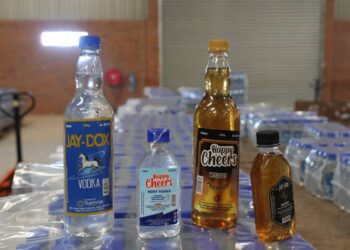The government of Zimbabwe has removed restrictions on tobacco production financing, allowing the use of local funding facilities instead of relying solely on offshore sources, which had been the norm for over five decades.
Under the Tobacco Finance Act, which originated from the colonial era, only foreign loans were permitted for tobacco production financing. This policy limited the participation of indigenous tobacco merchants while fostering the creation of cartels.
In its recent Monetary Policy Committee meeting, the Reserve Bank of Zimbabwe (RBZ) repealed this law, recognising its incompatibility with the current local economic conditions. ZBC News cites an economist, Mr Persistence Gwanyanya as saying:
The Tobacco Finance Act says that one has to use offshore loans to finance tobacco production and this only served a few in the sense that local indigenous merchants had no these lines of credit compared to foreign tobacco merchants, so it created sort of a cartel.
The situation on the ground has greatly changed whereby there is a lot of foreign currency sitting in the country. So, the government decided that let’s open up the sector to suit local conditions.
Stakeholders in the tobacco industry have welcomed this policy reform, asserting that the previous law only benefited a select few. A tobacco expert, Mr Mutandwa Mutasa said:
I don’t think that this law was doing any good to both farmers and the economy because even if we were getting hundreds of millions in forex from tobacco sales, only a tiny fraction was left because the majority was repatriated in the name of repaying these offshore loans.
George Seremwe, President of the Zimbabwe Tobacco Growers Association (ZITOGA), expressed satisfaction with the long-overdue policy review, highlighting that farmers would be the primary beneficiaries. He said:
This is a great move by Government to do away with this colonial political and our expectation is that the farmer will benefit because we are using less expensive financing facilities.
With a record-breaking tobacco output of 294 million kilograms during the 2023 marketing season, the highest in the country’s history, the government aims to further transform the industry to maximize benefits for farmers and the economy.
Source PindulaNews










